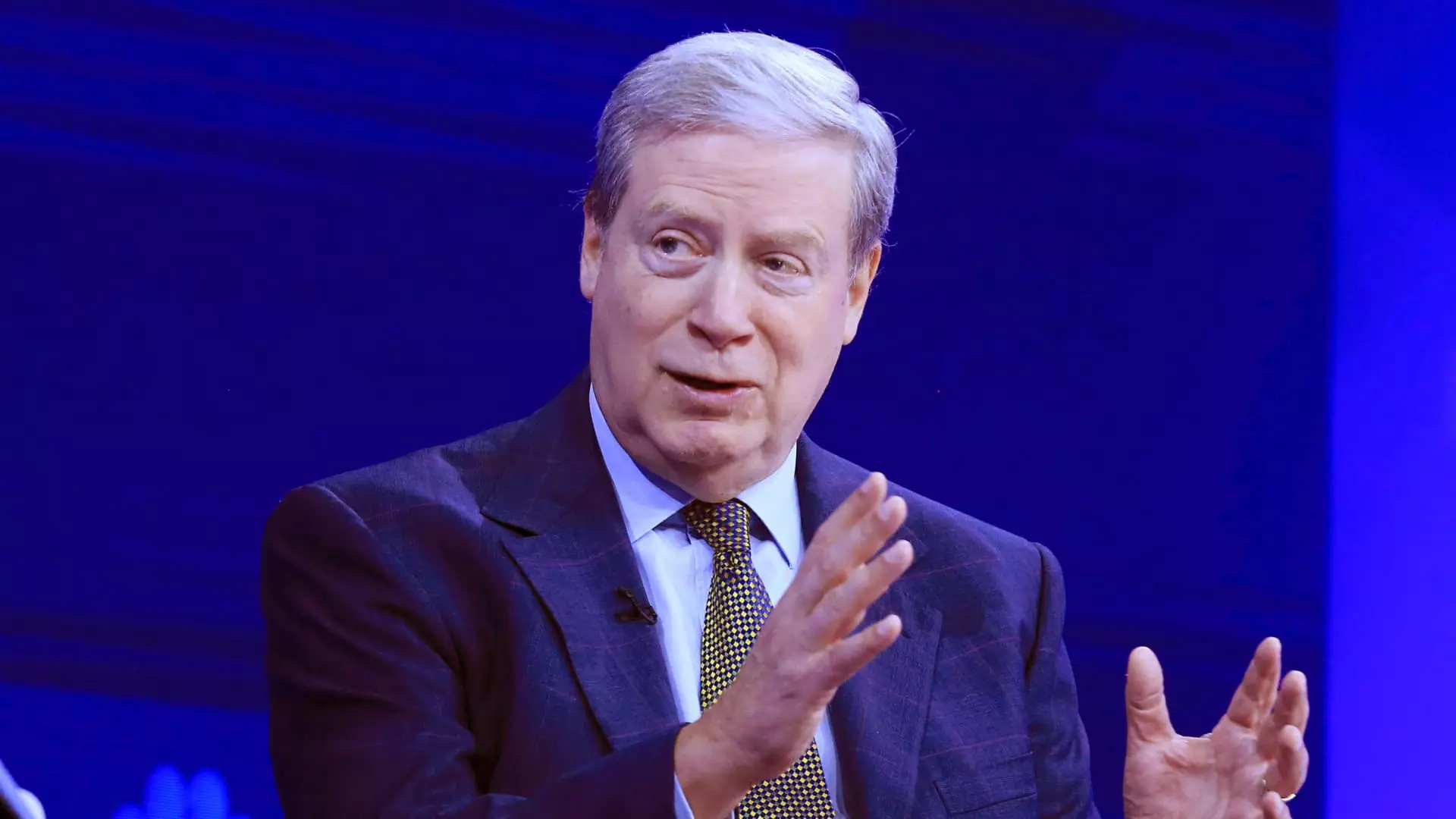The financial landscape has always been intricately tied to political events, and the recent re-election of Donald Trump has reinvigorated discussions in the investment community. Notable billionaire investor Stanley Druckenmiller shared his insights on this significant shift in sentiment during a recent interview, highlighting how this political shift has even impacted the mindset of CEOs and market dynamics.
According to Druckenmiller, there is a palpable sense of optimism emerging from business leaders post-election. After years of what he describes as an “anti-business administration,” the return of Trump has led to a renewed enthusiasm. His conversations with CEOs revealed a wide spectrum of emotions ranging from relief to outright excitement. The term “animal spirits,” a concept coined by economist John Maynard Keynes to describe the instincts and emotions that drive human behavior in economic situations, firmly encapsulates this burgeoning optimism among business leaders. Druckenmiller suggests that this shift is likely to stimulate various sectors as confidence works its way through the economic engine.
While the overarching sentiment is one of optimism, Druckenmiller remains cautiously bullish about the short-term outlook for the stock market. The significant increase in bond yields presents a paradox within the scenario of rising economic activity. He acknowledges the friction between economic growth and rising bond yields, which creates a complicated environment for investors. This duality indicates that while some sectors are set to benefit from increased economic activity, there are fundamental forces at play that could dampen the stock market’s performance.
As the S&P 500 soared in value following Trump’s victory, it became evident that certain sectors were more positively impacted than others, particularly those related to financial services, energy, and technological advancements. Despite the market’s remarkable rebound, Druckenmiller’s strategy involves maintaining a cautious view while focusing on individual stocks that exhibit promising advancements, particularly those influenced by artificial intelligence.
Druckenmiller’s investment strategies are telling of his approach to navigating this volatile environment. Unlike broad market betting, he emphasizes the potential of individual companies harnessing artificial intelligence to improve efficiency and productivity. His decision to divest his positions in tech giants like Nvidia and Microsoft raises questions about which emerging players he considers viable for future investment. His strategy indicates a shift towards diversification and a more granular approach amid uncertainties.
The dialogue surrounding tariffs and trade policies further complicates the economic outlook. While there is concern about retaliatory actions from trade partners, Druckenmiller perceives potential benefits from Trump’s tariff strategies. He argues that tariffs effectively function as a consumption tax, primarily borne by foreign entities, which could assist in addressing the nation’s fiscal challenges. By framing tariffs as revenue-generating mechanisms rather than mere trade barriers, he presents a perspective that diverges from conventional economic fears, suggesting that risks may be overstated compared to the potential rewards.
The re-election of Donald Trump has stirred a sense of optimism and hope within the business community, resonating through the markets and influencing investor behaviors. While the current climate presents both opportunities and potential pitfalls, Druckenmiller’s insights shed light on the complex interplay between political leadership and economic performance. As investors navigate this landscape, focusing on specific sectors and individual companies may offer a more reliable strategy amidst the changing tides of policy and market dynamics. The unfolding narrative will undoubtedly continue to capture the attention of both seasoned investors and newcomers alike, as the impact of political decisions ripple through the economy.

